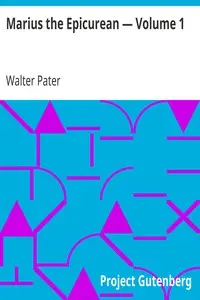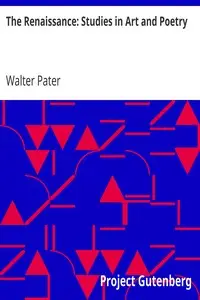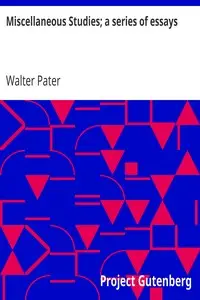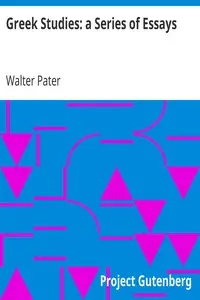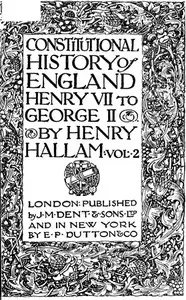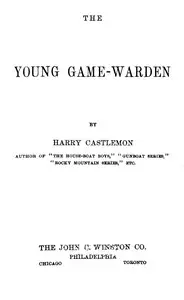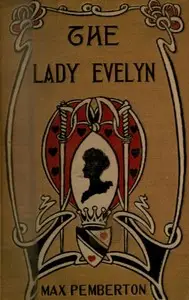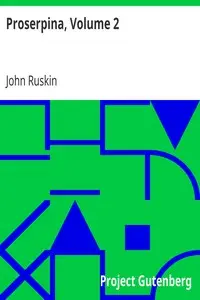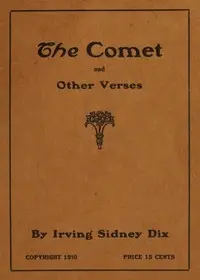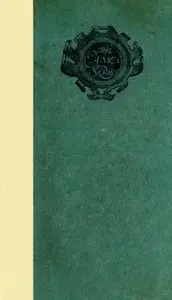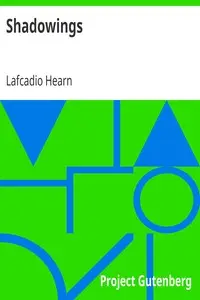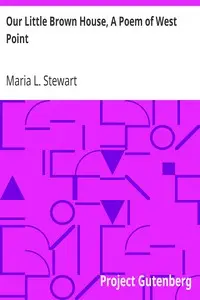"Aesthetic Poetry" by Walter Pater is an analytical essay written in the late 19th century that explores the concept of aestheticism in poetry, focusing primarily on its evolution and characteristics. This work examines how aesthetic poetry differs from previous poetic forms, emphasizing its capacity to transcend mere reality and evoke an idealized experience that combines elements from Greek, medieval, and modern influences. Pater's writing delves into the emotional nuances and artistic intricacies that define aesthetic poetry, presenting it as an art form embodying beauty and sensory experience. In the essay, Pater discusses various themes and poets who embody the aesthetic spirit, particularly the intersection of love, beauty, and the fleeting nature of life. He analyzes works ranging from William Morris’s "The Defence of Guenevere" to the timeless allure of the medieval poetic tradition, suggesting a complex dialogue between romantic ideals and a newfound clarity in the portrayal of human emotions. Pater's exploration highlights the tension between passionate longing and the contemplative appreciation of beauty, portraying aesthetic poetry as a reflection of deeper psychological and artistic aspirations that contrast with the harsher realities of life. Through this, Pater presents a rich, layered understanding of poetry that seeks to elevate both the emotional and sensory experience of existence. (This is an automatically generated summary.)
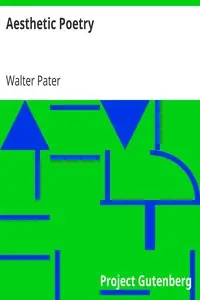
Aesthetic Poetry
By Walter Pater
"Aesthetic Poetry" by Walter Pater is an analytical essay written in the late 19th century that explores the concept of aestheticism in poetry, focusi...
Genres
Released
2003-07-01
Formats
epub (images)
epub3 (images)
epub
mobi (images)
mobi
Free Download
Overview
About the Author
Walter Horatio Pater was an English essayist, art and literary critic, and fiction writer, regarded as one of the great stylists. His first and most often reprinted book, Studies in the History of the Renaissance (1873), revised as The Renaissance: Studies in Art and Poetry (1877), in which he outlined his approach to art and advocated an ideal of the intense inner life, was taken by many as a manifesto of Aestheticism.
Total Reviews
10.0k
Total reviews from Goodreads may change

